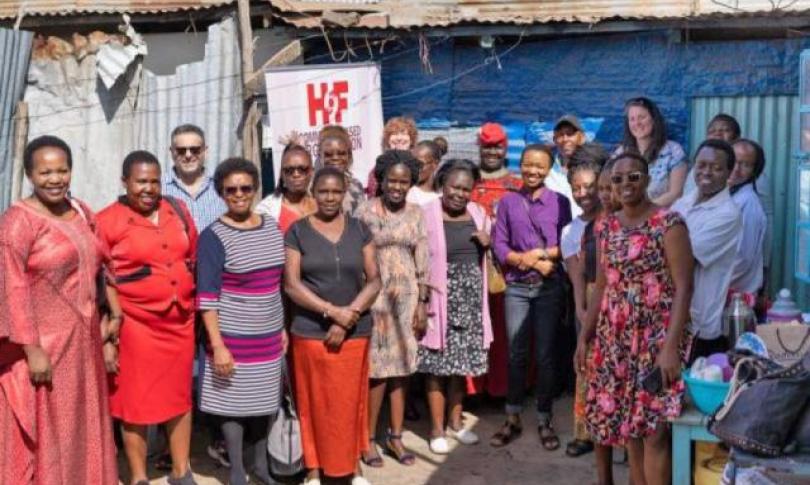
Nairobi, Kenya- According to Dr. Angela Muriuki, director of Women’s Health at FIND, Sub-Saharan Africa requires strong political commitment and resolve to eradicate cervical cancer as a public health issue that affects not only individuals but also households, communities, nations, and regions.
“Galvanizing action towards elimination requires strong government leadership with the political willingness, commitment and resource investment to ensure that cervical cancer is no longer a public health problem.
“Countries in the region can do that through understanding the targets set by the World Health Organization as markers of progress towards elimination of this disease as a public health problem and find out whether progress is being made in your household, community, country and region,” Dr. Muriuki explained.
Available data revealed every 2 minutes, a woman dies from cervical cancer globally. This, experts say, is needless because death due to cervical cancer is preventable. “Through a combination of vaccination, screening and treatment strategies, cervical cancer is preventable. So it is needless for women to be dying every two minutes”.
According to FIND, even though preventive measures and treatment exist for cervical cancer, they are not reaching the regions with the highest burden of disease, like Sub-Saharan Africa. Limited access to the new high-performance tests, high prices, lack of public awareness, health system level gaps and stigma remain barriers to access.
The World Health Organisation has outlined three targets for countries to attain by 2030 as critical markers of progress towards elimination of cervical cancer as a public health problem. About 90% of girls must be fully vaccinated against human papillomavirus (HPV), the virus responsible for most of cervical cancer cases; 70% of women must be screened using a high performance test by age 35 years and again by age 45 years; and 90% of those identified with cervical diseases should be managed appropriately
But one of the key drivers of inequity in cervical cancer screening is the limited access to high-performance tests for HPV. HPV screening allows for early detection of the cancer-causing strains of the virus - further assessment of HPV-positive women to determine whether they have any precancerous lesions, and for treatment of those with lesions to prevent further progression to cancer.
Seven years away from the target, lower-middle-income countries (LMICs) made nearly 25% progress of having introduced HPV vaccination and less than half of women living in LMICs were screened for cervical cancer.
To make HPV testing available and affordable to expand access to more women in the lower and middle-income countries, FIND on the International Women’s Day, launched a community engagement coalition partnership with KILELE Health Association to expand cervical cancer screening in sub-Saharan Africa.
Among the strategies is a self-testing approach and a community engagement with the help of civil society organizations to identify factors that hinder screening for the disease, raise awareness and advocate for urgent actions towards achieving national goals. “The community engagement coalition is a network of community and civil society organizations that will work to identify the obstacles that limit uptake of screening for the disease, raise awareness of preventive measures, advocate for urgent action to accelerate progress towards achieving national targets, and provide user-led feedback and preferences to inform development and scale-up of new testing technologies and strategies”.
FIND is a global non-profit focused on the development and access of quality diagnostic testing. Founded at the World Health Assembly, in 2003 with the goal to drive attention, partnership and action to meet the critical gap in diagnostics for conditions that affect women and girls, based on their unique requirements at different stages of life. FIND has for the past 20 years focused on improving health outcomes in low- and middle-income countries through testing.
